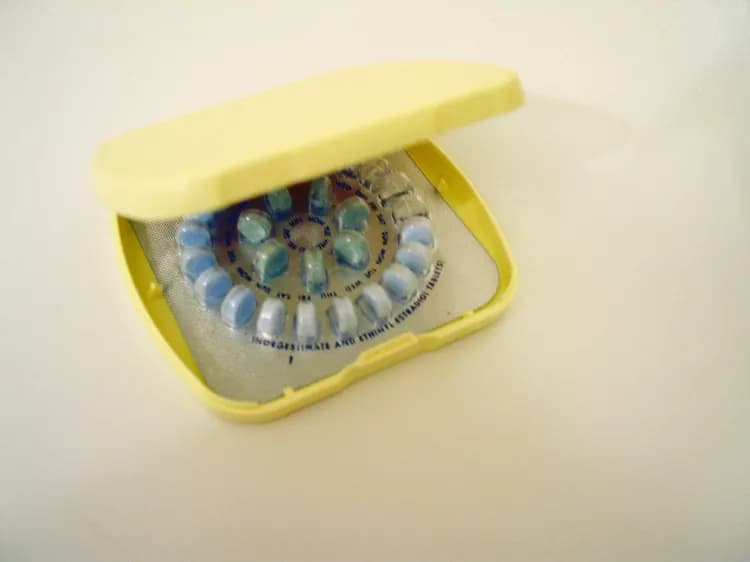
The Pill Won't Kill Your Sexual Desire, Researchers Say
New study busts the myth that contraceptives curb desire -- other factors like age and length of relationship are more important
Taking the pill doesn't lower your sexual desire, contrary to popular belief, according to research published in The Journal of Sexual Medicine. The authors of the research, from the University of Kentucky and Indiana University in the US, say the evidence explaining what affects women's sexual desire is mixed and more research is needed.
Contraceptives are designed to prevent unwanted pregnancies and, for some, to protect people from sexually transmitted infections. A very popular anecdote is that using contraceptives -- particularly oral hormone contraceptives, the pill -- decreases desire. But so far, scientific evidence has been mixed, with some studies supporting the claim and others suggesting the opposite.
In their paper, Dr. Kristen Mark and her colleagues describe two studies they carried out to explore the impact of using different contraceptives on the sexual desire of women and men in relationships.
"We wanted to understand the link between desire and contraceptive choice, especially in the context of longer-term relationships," said Dr. Mark. "Most research doesn't focus on partners or people in long-term relationships but many contraceptive users are in long-term monogamous relationships, so this is an important group to study."
They looked at the impact of three different contraceptive types -- oral hormonal contraceptive, other hormonal contraceptive and non-hormonal contraceptive -- on the desire of couples in heterosexual relationships of varying lengths. They measured solitary and dyadic sexual desire -- that is, libido alone or with a partner -- of more than 900 people using a tool called the Sexual Desire Inventory.
The findings revealed significant differences in the way contraceptives affected the desire of women alone and in their relationships: women on non-hormonal contraceptives reported higher desire on their own and women on oral contraceptives reported higher desire with their partner.
However, when the researchers adjusted the results to take into account relationship length and age, the differences were no longer significant, suggesting that it's the context rather than the contraceptive type that has the biggest impact on desire.
"Sometimes women are looking for something to explain changes in their sexual desire, which is not fixed throughout her life," Dr. Mark said. "The message that hormonal pills decrease desire is really prevalent. In my undergrad classes my students often say they hear the pill makes you not want sex, "so what's the point?" Our findings are clear: the pill doesn't kill desire. This research helps to bust those myths and hopefully eventually get rid of this common cultural script in our society."
Looking at contextual factors seems to be a better way of predicting sexual desire in women in long-term relationships than looking at contraceptive use. As such, Dr. Mark is now studying additional contextual factors related to desire discrepancy, where one member of the couple has lower or higher sexual desire relative to their partner.
"By continuing to unravel the mysteries behind the inaccurate anecdotes out there, I hope we can help women understand -- and address -- changes in their sexual desire."
Materials provided by Elsevier. Note: Content may be edited for style and length.
Disclaimer: DoveMed is not responsible for the adapted accuracy of news releases posted to DoveMed by contributing universities and institutions.
Primary Resource:
Mark, K. P., Leistner, C. E., & Garcia, J. R. (2016). Impact of Contraceptive Type on Sexual Desire of Women and of Men Partnered to Contraceptive Users. The Journal of Sexual Medicine, 13(9), 1359-1368. DOI: 10.1016/j.jsxm.2016.06.011
Related Articles
Test Your Knowledge
Asked by users
Related Centers
Related Specialties
Related Physicians
Related Procedures
Related Resources
Join DoveHubs
and connect with fellow professionals

0 Comments
Please log in to post a comment.